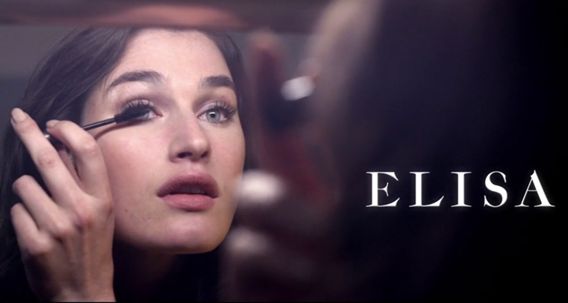Soon or late? Too soon or too late? Sometimes it is too late to realize the dreams, sometimes it is too early to face the disappointments. Elisa is a short film in between these questions. The film is a poetical projection of the life of a young couple from one morning to the same night. Although it is a 10 minutes short, it makes the spectator feel their love, disappointments, and hopes intensely.
Elisa, the protagonist, dreams about the future but she is tired of hoping. Whereas, Sean, the boyfriend of Elisa, tries to build the future, while he is lost in the current. Elisa realizes that none of their plans has come true although the years have passed. In general, Sean tries to save the day to make Elisa happy. But he recognizes that he will lose her if he does not make a big step towards their dreams. He decides to take this step and he prepares a surprise for Elisa. But he never gets a chance to introduce this surprise to her because of the “unexpected”.
A poetical interpretation throughout movie is achieved with the interruptions of Elisa’s narrations. The narrations have a good harmony with the actions in the movie.
The small details in the movie has been placed with a big attention. For instance, in one scene, while she’s drawing her dream house in front of window, we hear the sound of children coming outside, and see her happiness that reverberates in the face. However, sometimes these details are too secret to be understood by a fast track viewer of the film. As a matter of fact, since some of them include the important information, these can prevent that a normal viewer understand the overall script. Two examples for this are the medical report of Elisa and the message in Sean’s surprise box. In both of cases, the texts are not horizontal and the duration they stay on the scene is very short. This makes it very hard to understand these texts without stopping the video player.
Acting performances are good in general. Especially the leading actress Mariah Bonner is impeccable. She seamlessly creates a poetical character, Elisa, who is the keystone of the story.
Dramatic lighting has been used quite successfully during whole movie, it perfectly suits to the mood of the movie. The photography of Nico Aguilar enhances the movie in its own way. The cinematography is one of the strongest part of this movie. Rembrandt style shadow and lights are time to time interrupted by much lighted scenes to create unworldly environment and feeling.
In addition, the soundtrack accompanies to the picture in a seamless way. It keeps you constantly in the mood that created by the film.
In the end, the director Nikolas Wendl has put together a good story written by Tiziana Giammarino with smooth scene changes, a poetical narration, and a clear focus. All small details designed carefully during whole movie and this shows the great work behind the camera. We are quite happy to have a unique movie like this in our official selection of Winter 2006. With his film, Nikolas Wendl is selected as the nominee in the Best Director category by our jury.
OFA – Ouchy Film Awards, 2016

